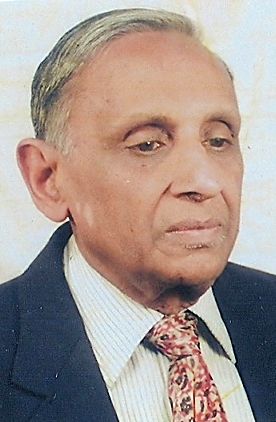
R C Mody is a postgraduate in Economics and a Certificated Associate of the Indian Institute of Bankers. He studied at Raj Rishi College (Alwar), Agra College (Agra), and Forman Christian College (Lahore). For over 35 years, he worked for the Reserve Bank of India, where he headed several all-India departments, and was also Principal of the Staff College. Now 81 years old, he is busy in social work, reading, writing, and travelling. He lives in New Delhi with his wife.
I had my initial schooling at home under private tutors as my father was not inclined to send me to any school in Alwar, where my parents lived, because he thought none of them offered a good education. Editor's note: Alwar was a Princely State at that time, not part of British India.
But, my father changed his mind when a new school, named Model School, opened in 1936. Model School, with classes up to Standard VIII, had a well selected staff, and a very forward-looking Headmaster, Mr Ram Narain Sharma, who went on to become Joint Director of Education in Rajasthan.
I took a rigorous admission test. To my great delight, I was found fit for Class VII, even though I was only 10 years old. Straight away, I was a senior student! Some of my teachers, though not highly paid, were excellent: they were dedicated and they knew how to teach.